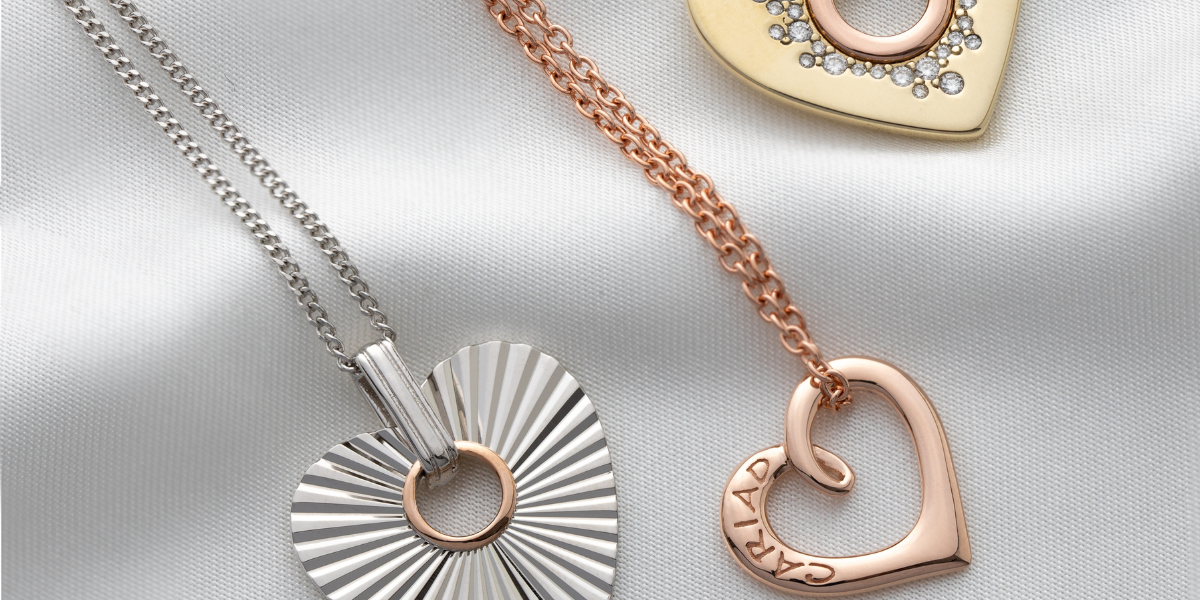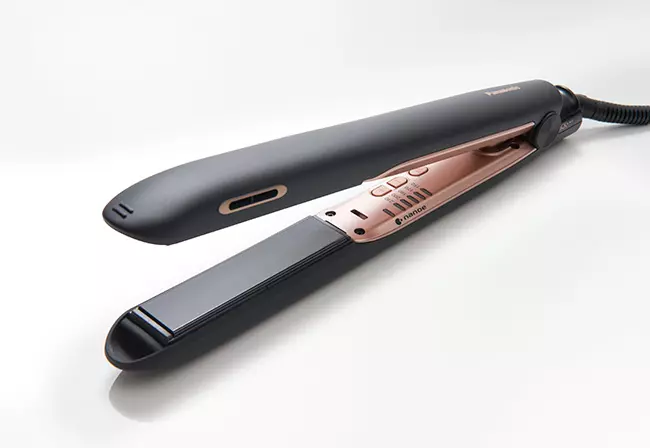To receive the Vogue Business newsletter, sign up here.
Digital fashion company The Dematerialised is offering to swap physical clothing for digital fashion in a bid to lure more shoppers to Web3 and encourage resale.
The Dematerialised is now accepting payments via Twig, a London-based startup that lets people trade in physical clothing for immediate cash that can be used to spend on the digital fashion NFT marketplace. Twig uses artificial intelligence to analyse the value of items in submitted photos, then transfers money to a card that people can then use to checkout on The Dematerialised. Twig then handles reselling or donating the goods itself. The hope for The Dematerialised is that the partnership will decrease the amount of physical clothing that people buy and wear.
The potential sustainability implications of digital fashion have been key to its messaging. The pitch is that if someone is inspired to flex a fantastical outfit on social media, digital fashion could offer a more immediate, less wasteful alternative. “We know that one of the potentials of digital fashion is to truly absorb a significant amount of the fast fashion market,” says Dematerialised co-founder Marjorie Hernandez. “I think that via tools like Twig, we can really incentivise those traditional fashion consumers or fast fashion consumers to come to Dematerialised and not only buy a digital fashion asset or a digital artefact… but they’re also gaining access to [The Dematerialised] community.”
For example, someone shopping on The Dematerialised might submit a picture of their physical pieces via Twig’s platform, such as a Burberry handbag or Gucci trainers. Twig will then offer an immediate payment that can be used on The Dematerialised; the consumer then sends in the goods to a “logistics partner” to be physically analysed, in hopes that the item can be resold through multiple secondhand market partners. Other retailers to accept Twig payments include Sergio Rossi and Heat; Twig does not currently have parameters or limits on the brands it will accept. Garments that cannot be sold on Twig will be sent to charity partners, including Traid in the UK.
This partnership follows a London pop-up store prototype co-created by Dematerialised co-founder Karinna Grant in late 2019. Called Hot Second, it enabled visitors to try on digital garments in exchange for donating an unwanted item of clothing. Later in 2019, Scandinavian retailer Carlings — creator of the first sellout digital fashion collection — sold a T-shirt that enabled people to change the digital appearance of a single shirt via social media through augmented reality, offering another approach to decreasing clothing ownership through digital fashion.








